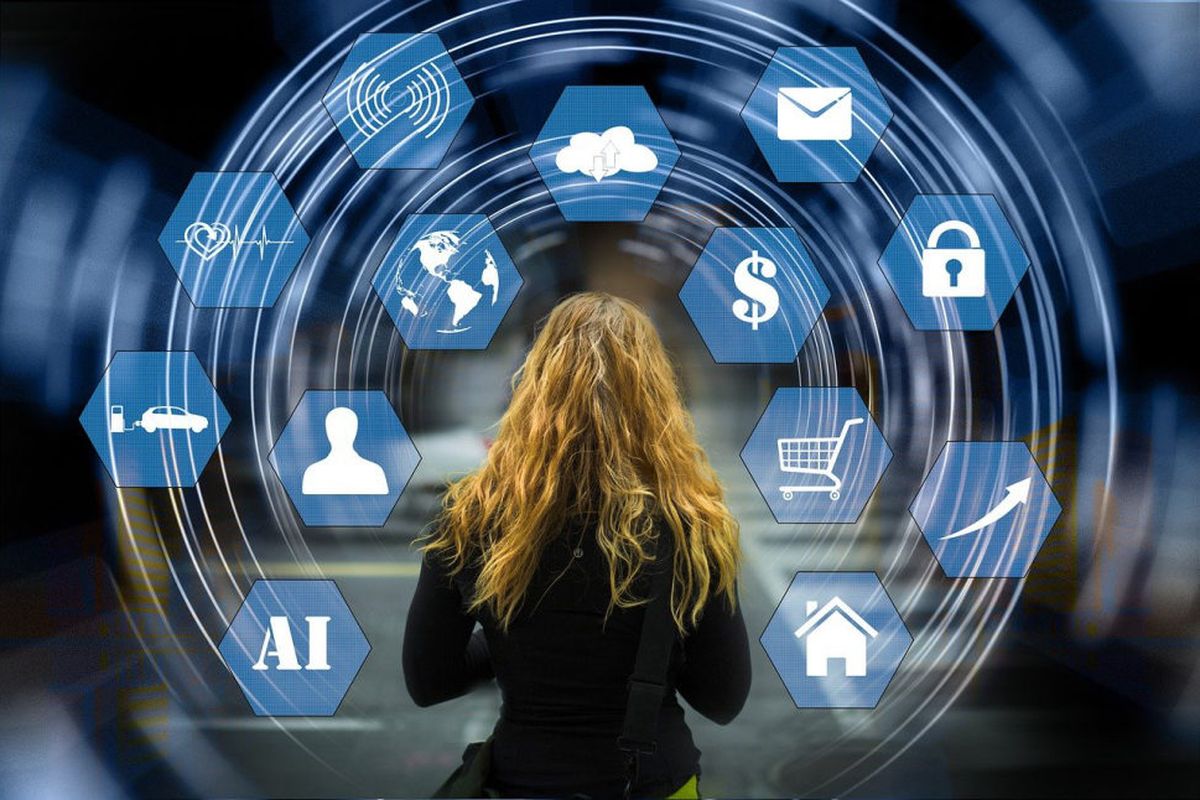How Artificial Intelligence is Shaping Modern Society
Artificial Intelligence (AI) has swiftly evolved from a futuristic concept to an integral part of our everyday lives. From personal assistants in smartphones to complex algorithms optimizing industries, AI’s presence is undeniable and growing. This transformation marks a pivotal shift in how humans interact with technology, reshaping work, communication, healthcare, and entertainment.
AI Integration Across Daily Sectors
Revolutionizing Communication and Accessibility
AI-powered tools have transformed communication channels worldwide. Virtual assistants such as Siri, Alexa, and Google Assistant facilitate hands-free operations, making tasks like scheduling, information retrieval, and even language translation seamless. Additionally, AI-driven chatbots enhance customer service, providing instant responses and 24/7 support.
Moreover, AI enhances accessibility for individuals with disabilities. Voice recognition and predictive text technologies enable easier interaction with devices, breaking barriers and fostering inclusivity.
Transforming Healthcare with Precision and Speed
Healthcare stands as one of the most profoundly impacted sectors by AI. Machine learning algorithms analyze vast datasets to aid in early diagnosis and personalized treatment plans. Radiology, for example, benefits from AI’s ability to detect anomalies in imaging faster and often more accurately than human counterparts.
AI-powered wearable devices continuously monitor vital signs, empowering users with real-time health data and preventive care insights. These innovations not only improve patient outcomes but also reduce the strain on healthcare systems globally.
Economic and Industrial Shifts Driven by AI
Enhancing Productivity and Automation
Industries across the spectrum leverage AI to boost productivity and efficiency. In manufacturing, AI-driven robotics perform repetitive and hazardous tasks, reducing human error and increasing safety. Predictive maintenance systems analyze equipment data to foresee failures, minimizing downtime and costs.
AI’s role in supply chain management streamlines logistics by forecasting demand, optimizing routes, and managing inventories dynamically. This capability is vital for businesses striving to remain competitive in a rapidly changing market.
The Future of Work: Opportunities and Challenges
While AI creates new job categories and enhances human capabilities, it also raises concerns about displacement and workforce adaptation. Many roles, especially those involving routine tasks, face automation threats. Conversely, demand for AI specialists, data analysts, and interdisciplinary experts is surging.
Governments and organizations emphasize reskilling and upskilling programs to prepare workers for this transition, highlighting the necessity of education systems that align with evolving technological landscapes.
Ethical Considerations and AI Governance
Balancing Innovation with Responsibility
The rapid deployment of AI introduces complex ethical questions around privacy, bias, and transparency. AI systems, if not properly regulated, risk perpetuating existing social biases or infringing on user privacy through data misuse.
Global efforts are underway to establish frameworks that govern AI development responsibly. Policies promoting fairness, accountability, and explainability are central to building public trust and ensuring AI benefits all sectors equitably.
International Collaboration for Sustainable AI Development
International bodies such as the United Nations and the OECD encourage cooperative initiatives to align AI advancements with human rights standards. Cross-border partnerships foster knowledge exchange and standardization, crucial for tackling AI’s global implications.
Conclusion: Embracing AI’s Transformative Potential
Artificial Intelligence rise is not merely a technological evolution; it is a fundamental change in human experience. As AI continues to integrate deeper into daily life, its potential to enhance efficiency, accessibility, and innovation becomes increasingly clear. The key lies in managing this transformation thoughtfully, balancing rapid progress with ethical stewardship.
For more insights on AI developments and policies, visit World Economic Forum – AI.

